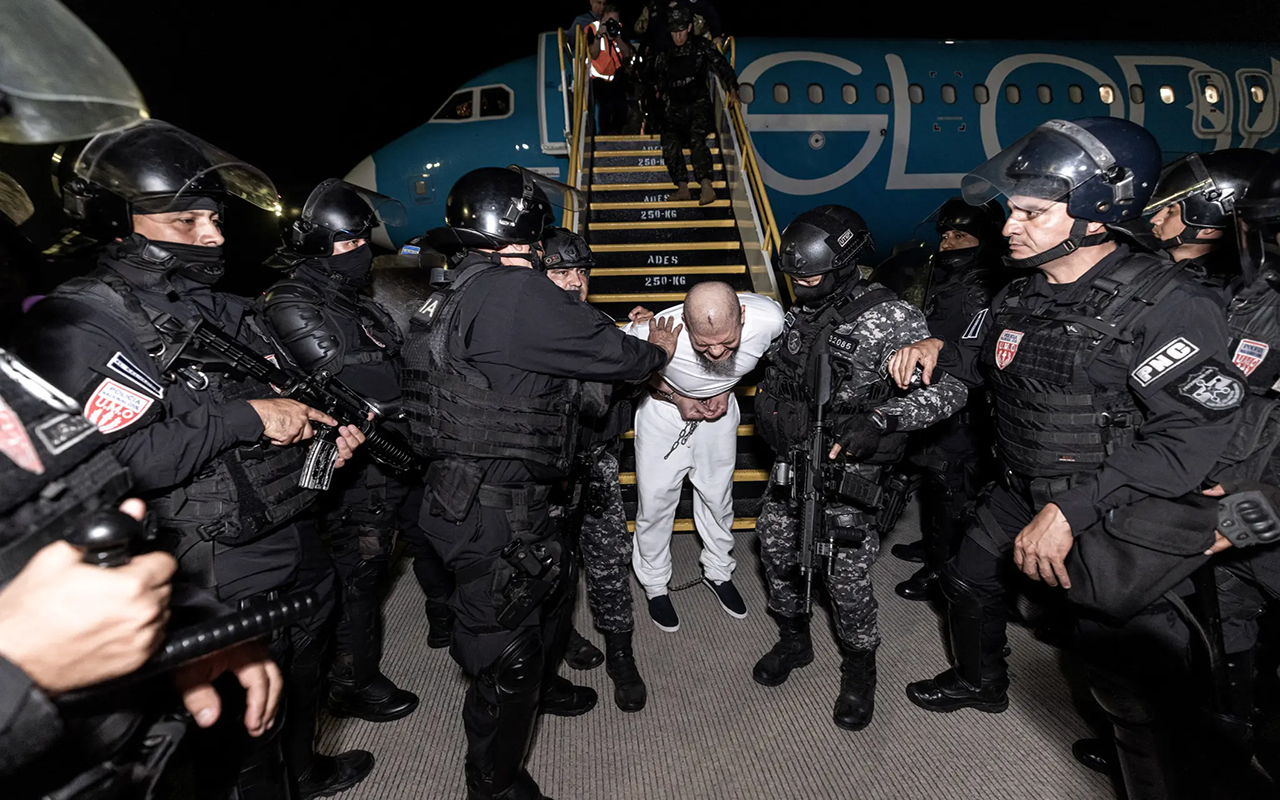
Pennsylvania lawmakers consider arguments on partisan primary elections
The Commonwealth is one of 11 states that enforce closed primary elections, disallowing independent votes from casting a preliminary ballot.
The Pennsylvania House State Government Committee heard arguments this week from constituents on new legislation that would dispense with the closed primary voting practice, which prohibits independent voters from participating in primaries unless affiliated with a party.
“I’m an independent, along with more than 1.3 million registered voters in the state of Pennsylvania.” said Jennifer Bullock, director of Independent Pennsylvanians. “That number continues to climb as dissatisfaction with partisan politics and legislative gridlock grows.”
Though independent pennsylvanians can vote on constitutional amendments and other matters on the ballot, they are not able to select a candidate they feel should move to the general election.
Currently, the General Assembly is weighing legislation to address voter disparity related to primary logistics. House Bill 1369’s passage would allow “unenrolled electors” to cast their vote for candidates who run for office at any capacity.
All unenrolled electors must be registered in accordance with Pennsylvania voting law.
Pennsylvania is one of 14 states that requires voters to register with a party to cast a ballot during primary elections, discounting a large number of voters who may not be completely convinced by candidates.
“Frustratingly, I’m already in a category of voters for whom voting has been made, not just difficult, but impossible. I’m denied equal rights as a voter because I am an independent voter. I have not been registered with the [Republican] or [Democratic] party for several years now,” said Diana Dakey, an independent voter from Lackawanna County.
RELATED CONTENT
“I’m just not defined by either the R or D platforms,” she added.
Previous legislation was attempted in 2019 when the state Senate voted 42-8 to hold open primaries, but the bill was truncated in the House.
Since 2020, the independent party grew by 10%, a faster rate than the two-party system.
“If you don’t cast a ballot in the primary, nobody’s going to campaign to you. No one’s going to try to get your vote,” said John Opdycke, president of Open Primaries, an organization that advocates for open primaries across the country.
During the hearing, State Rep. Paul Schemel said, without evidence, that open primaries could encourage voters to issue a dual vote in the same election cycle. There is no research that supports the statement.
“To my mind, the right to vote (…) is more important than party preferences,” said David Thornburgh, Chair of Ballot PA.










LEAVE A COMMENT: